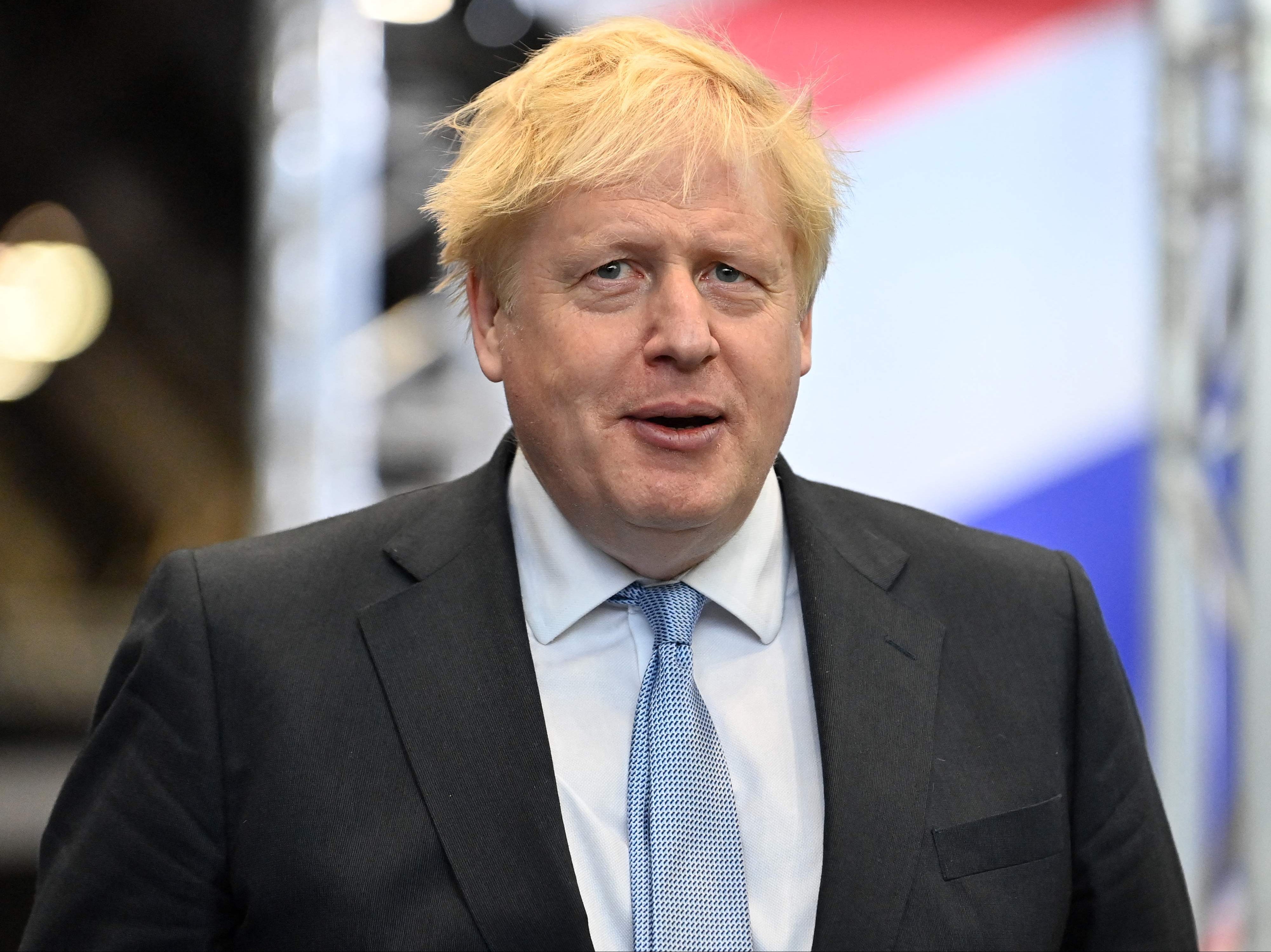UK’s struggles more similar to aftermath of WWII than 1970s, economist claims
The post-war economy showed that matching unemployed workers with jobs can be challenging even amid headlines of labour shortages

The UK’s economic struggles have more in common with the aftermath of WWII than the 1970s, an economist has claimed.
Then as now, it was difficult to match workers with the right jobs openings, leading to an uptick in unemployment even amid labour shortages in sectors like mining and farming, according to Neil Shearing, group chief economist at Capital Economics.
It comes as some economists have questioned whether the UK’s facing a flashback to the 1970s. A combination of fuel shortages and signs of stagflation - where prices rise as economic growth slows - have triggered parallels with 1978-1979, a period known as the ‘Winter of Discontent’. Other issues, such as energy security concerns have drawn comparison to the so-called ‘three day week’, earlier in the same decade, where coal shortages triggered power rationing.
Boris Johnson has labelled the supply chain disruption and present labour shortages in the UK as part of a “period of adjustment” post-Brexit. He, and other cabinet ministers, including business secretary Kwasi Kwarteng have argued that the government must not respond by reaching for a lever “called uncontrolled immigration”.
This suggests there will not be a long-term provision for foreign workers to ease driver shortages which have caused chaos at the petrol pumps or a feared incineration of 120,000 pigs due to a dearth of abattoir and butchery workers.
Meanwhile, Chancellor Rishi Sunak said the economic problems caused by Brexit would be worth it in the long term in his Monday Tory party conference speech:
“I was proud to back Brexit, proud to back Leave. And that’s because despite the challenges, in the long term, the agility, flexibility and freedom provided by Brexit would be more valuable in a 21st century global economy than just proximity to a market.”
However, economists are more troubled by the situation, with few suggesting there will long term wins from the present supply crunch. The pandemic’s effect, combined with the shock of disintegrating some economic ties to the continent means economists believe the UK is experiencing economic challenges comparable to 1940s, with a strong comparison between ending the furlough scheme and demobbing soldiers.
In the aftermath of war, millions of soldiers were relieved of duty, but the labour market could not suddenly absorb them all. This caused the unemployment rate to increase from near zero during wartime to 3 per cent by 1947.
Yet the UK did try to fix labour shortages by encouraging immigration in the post-war period. The UK sought to attract Commonwealth migrants, who had a right to British Citizenship, from the Caribbean. In many cases the government paid for people’s passage in a bid to plug gaps in sectors such as healthcare and construction. Post-war Caribbean arrivals up to the 1970s became known as the Windrush Generation, named after the ship which bought some migrants in 1948.
The post-war situation “echoes” now, with labour shortages in a range of sectors, despite unemployment still sitting at above pre-pandemic levels, said Mr Shearing. There are also parallels with higher government spending, larger budget deficits, and an increase in consumers’ savings.
“During the pandemic, lockdowns prevented consumers from spending income, causing savings to accumulate. During the war, rationing performed a similar role,” said Mr Shearing.
However, there have been shifts in approaches to containing price rises by central banks, exchange rates have shifted, and the labour market is more flexible, allowing workers to move from job to job more easily. It is also unclear whether the UK’s total working population has shrunk severely, as happened post-war.
Still, the comparison offers both a sense of the scale of economic challenges the UK faces, but also its economy’s ability to recover and grow. Both periods saw a sharp uptick in the level of public debt, a problem that Sunak sought to address on Monday, suggesting that tax cuts would not be possible in the short term:
“Our recovery comes with a cost,” he told delegates. “Our national debt is almost 100 per cent of GDP.
“So we need to fix our public finances. Because strong public finances don’t happen by accident. They are a deliberate choice. They are a legacy for future generations and a safeguard against future threats.”
Subscribe to Independent Premium to bookmark this article
Want to bookmark your favourite articles and stories to read or reference later? Start your Independent Premium subscription today.

Join our commenting forum
Join thought-provoking conversations, follow other Independent readers and see their replies